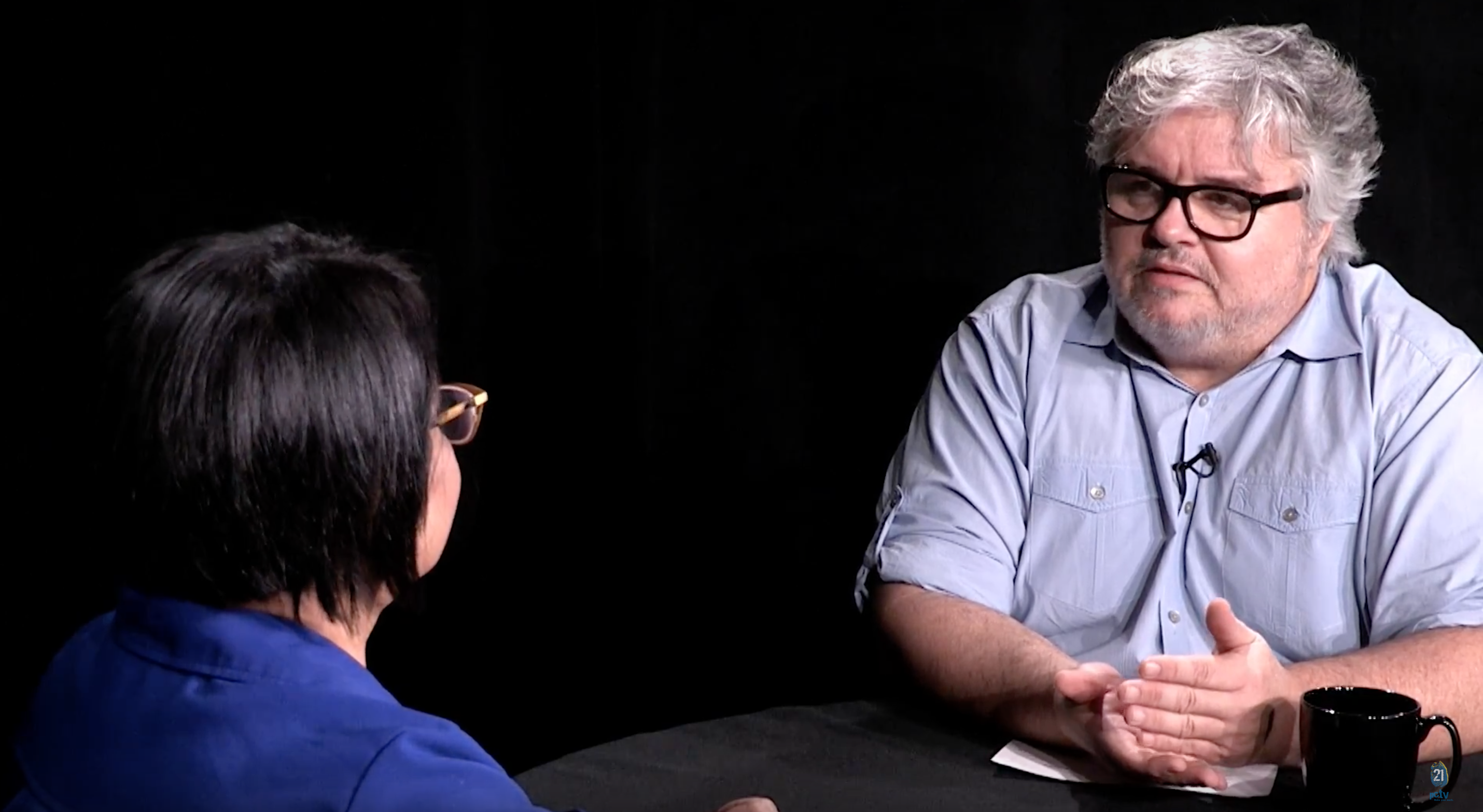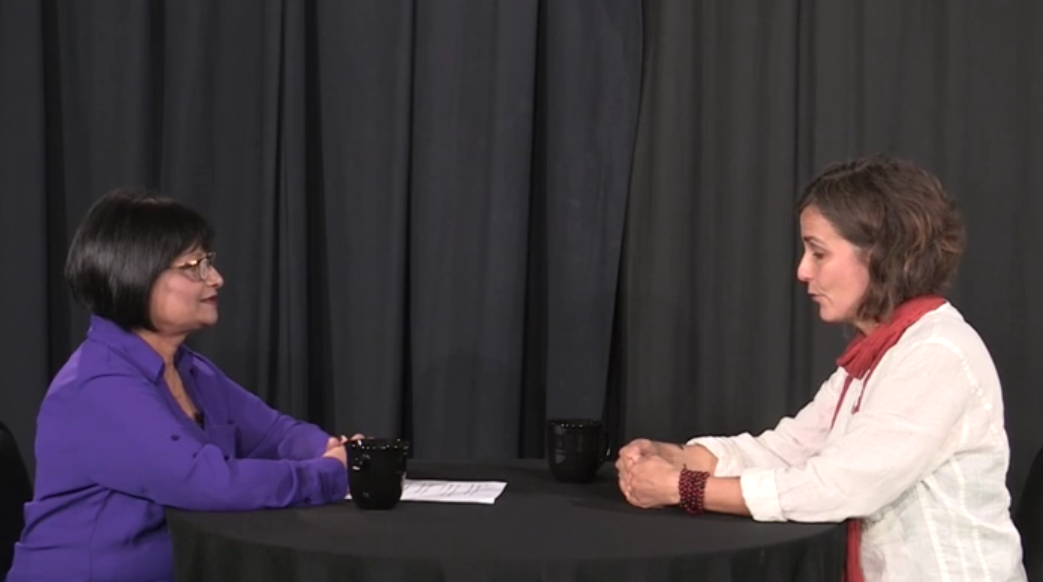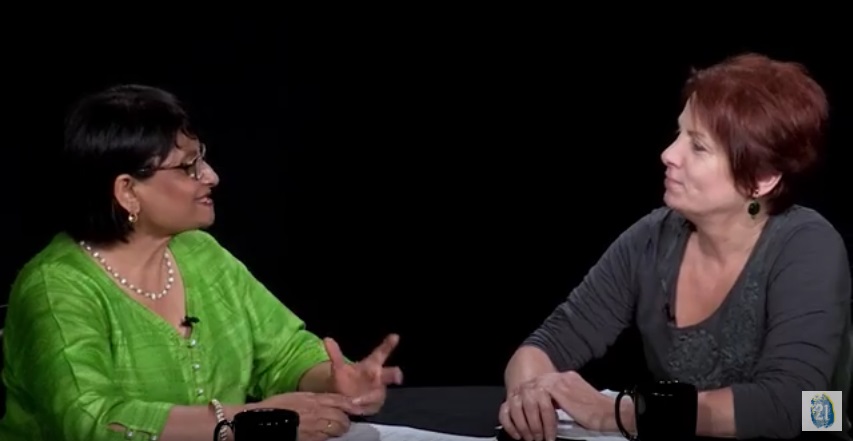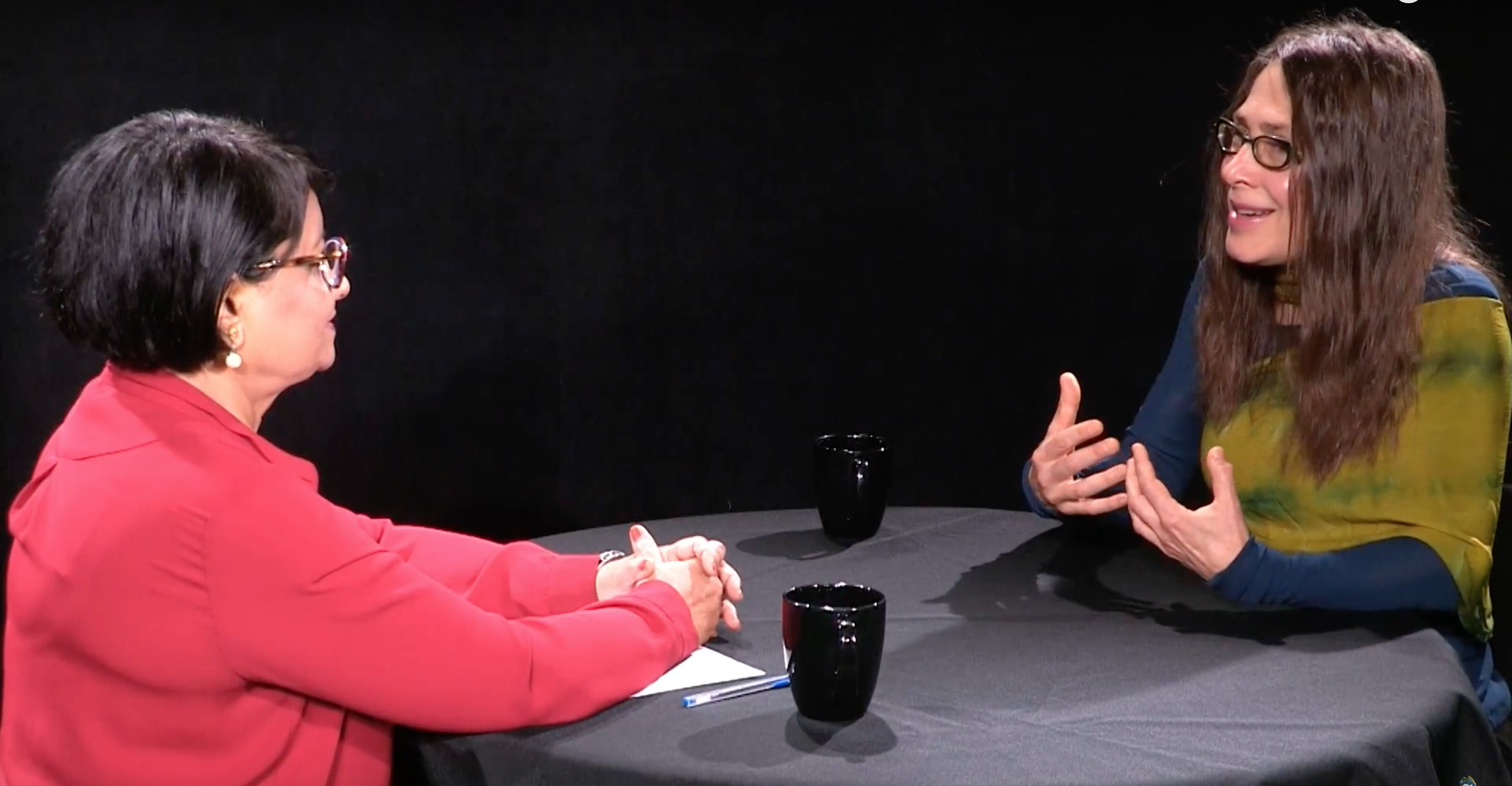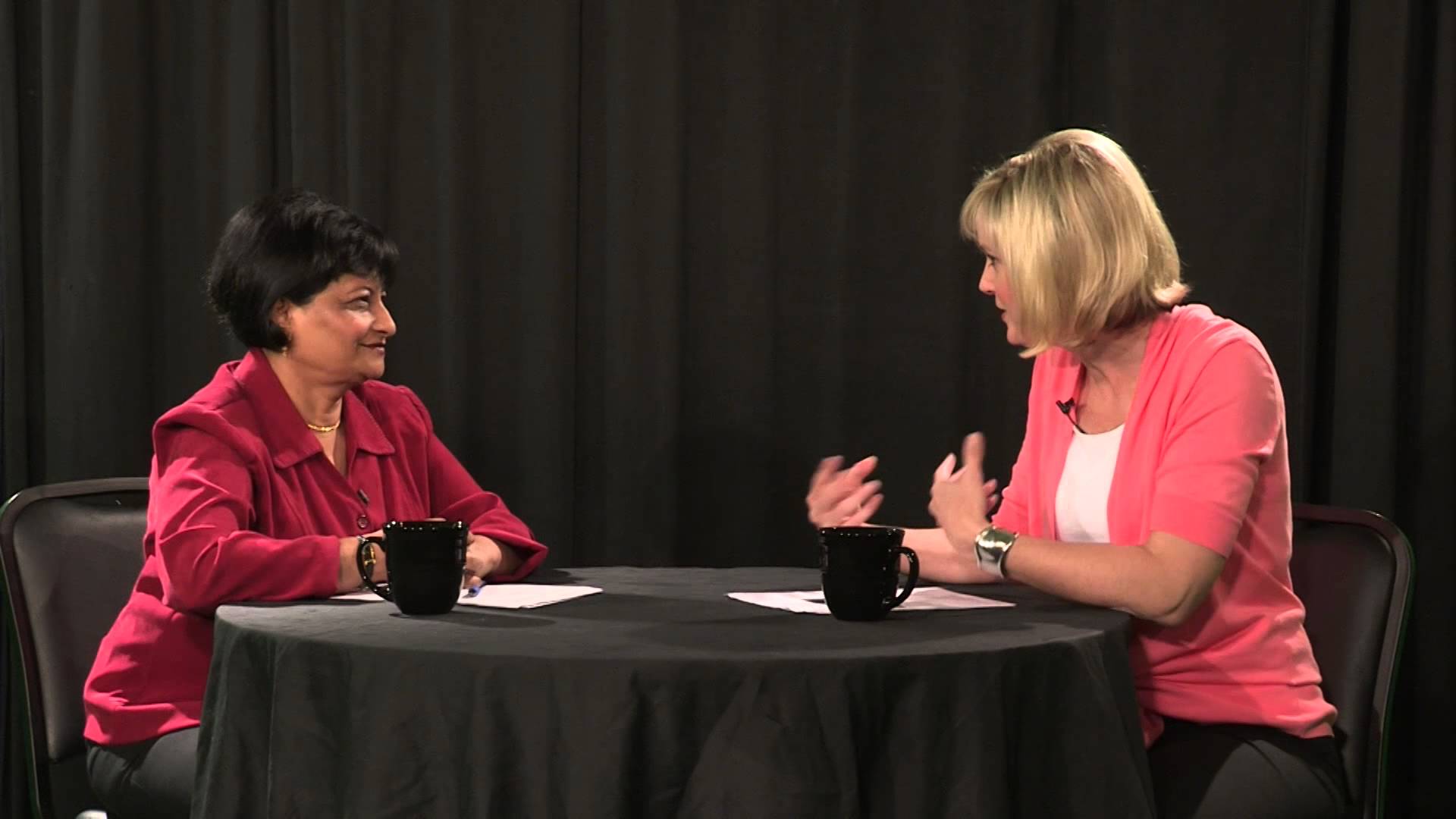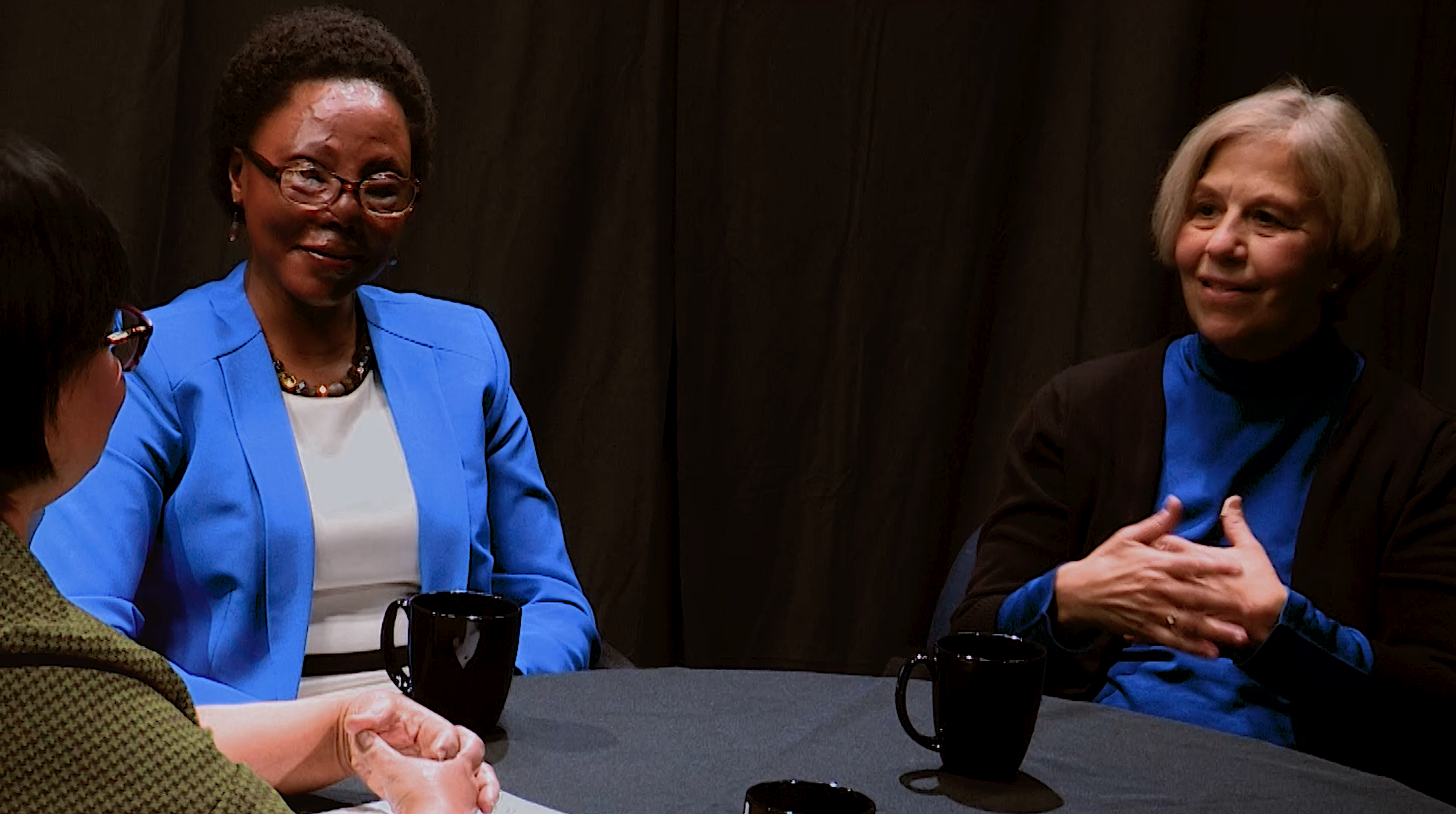
HAVING grown up in the steel-mill town of Braddock, Pa., during the Berlin Wall crisis, the Suez crisis and the Cuban missile crisis, the filmmaker-to-be Tony Buba was suffering from “existential fatalism” by the end of high school. “I thought I’d be dead by 21,” Mr. Buba recalled. He joined the National Guard. He got a job in a mill. “Then, suddenly, I’m 24, working on an assembly line and thinking, ‘Jeez, I’m not dead yet.’ ” So he took money he had saved to buy a Corvette and went to college.
From there an outsider film career was born, one that ignored Hollywood and instead concentrated on his blue-collar hometown, and a body of work that will be celebrated beginning Friday at Anthology Film Archives in New York with Tony Buba: The Bard of Braddock. The series will showcase documentary features, shorts and one bona fide fiction film.
To differentiate between genres, however, is to miss the point: celebrated for chronicling the life and death of Braddock, and by extension the economic infrastructure of America, Mr. Buba (pronounced BOO-ba) was making experimental cinema long before the 21st-century “hybrid doc” was smelting narrative and nonfiction in pursuit of an alloy.
“It was sort of my own thing,” Mr. Buba said. “I wanted to do something accessible for people in Braddock, but which could also work on another level too, play in a museum space, for instance, and go back and forth.” As an undergraduate he studied psychology, then went to Ohio University for film. “Ohio was an interesting place at that time, 1970, ’72.” The chairman of the grad program was “an unusual character: he basically accepted anyone with a funny-sounding name. He said, ‘I just wanted to see what a Buba looked like.’ ”
Mr. Buba’s influences were typical. “You don’t steal, of course, you ‘pay homage to,’ ” he said, laughing. “But I saw Godard and Buñuel, there was a Stan Brakhage period, Third World Newsreel, Black Panther films. And there was this explosion of 16 millimeter, which was ‘the people’s medium’ at that time. And a lot of the motivation was politics. I wanted to make political documentaries.”
Which he did. His early shorts include “Shutdown,” a vérité account of a 1975 independent truckers strike; the hallucinatory “Mill Hunk Herald” (1981), in which the story of a steelworkers’ newspaper segues into an accordion-led version of “Jumpin’ Jack Flash,” accompanied by a high school marching band; and “Braddock Food Bank” (1985), a sardonic silent that asks whether the money spent to make a documentary about poor people might be better spent on poor people.
“His work has no parallel in American cinema,” said Jed Rapfogel, film programmer for Anthology. “It’s this incredible combination of very committed, serious political commitment, and this bizarre comic sensibility.” He said Mr. Buba’s work would feel like the “wacky humorous wing” of a healthy political film movement, if the United States had such a movement.
“In a perfect world there would be a sizable portion of American cinema with a deep interest in the lives of working people,” Mr. Rapfogel said. “Tony is making the sorts of films I wish other people were making, but he doesn’t stint on the comedy, they’re not overly earnest, they reflect his charismatic personality, and yet they’re about things that are pretty tragic.” (The Buba program is linked to Anthology’s Sometimes Cities series, about neglected urban centers.)
The centerpiece of the retrospective, and perhaps Mr. Buba’s oeuvre, is “Lightning Over Braddock: A Rust Belt Fantasy,” which is partly about the city’s woes and partly about efforts to make a movie about a local street hustler, the real-life Sal Carollo, who had starred in Mr. Buba’s earlier short “Sweet Sal.” (Mr. Carollo also went by the names Sal Carulli and Sal Caru, and some family members say his surname is actually Carullo.) The self-reflexive nature of Mr. Buba’s work, its political savvy and technical sophistication — continuing a soundtrack as the image changes, for instance, and the poetic use of working-class imagery — make Mr. Buba ripe for rediscovery, as does the prescience of his movies: the foreshadowing of the Occupy and Tea Party movements seem unmistakable in “Lightning Over Braddock,” despite its place and time. In 1988 the critic J. Hoberman called it “one of the few regional movies to successfully and unsentimentally peel off the national smile button.”
Mr. Buba is amused by the new relevance of his older films. “They really address cyclical nature of capitalism,” he said. “I’ll be 69 in October, but I’m not fading away.” He credits the support of a Braddock-born activist and photographer, Latoya Ruby Frazier, who invited him to join her in a talk she gave during this year’s Whitney Biennial, and with whom he’s made other appearances. (“She’s very generous in her praise of me,” he said.) Both joined the unsuccessful fight against the closing of the University of Pittsburgh Medical Center at Braddock, an issue that has distracted Mr. Buba from filmmaking, although he has put footage related to the protest on YouTube and hopes to complete a documentary on the topic, yet another work with Braddock at its core.
When the New York distributor Zeitgeist Films was starting out in 1988, one of the first films it acquired was “Lightning Over Braddock.” “He’d made all these interesting short films,” said the Zeitgeist co-president Nancy Gerstman, “and people didn’t do that sort of thing then — staying in their hometowns and making films with so much local detail. It was a cool way of celebrating the place he grew up in, and the people he loved.”
He is also “a pure documentarian,” Ms. Gerstman said. “There’s not a lot of opinion. He accepts people for who they are and doesn’t judge. And that’s so typical of Tony.”
In “Braddock Food Bank,” a title inserted into the frame reads, “Being a documentary filmmaker, I’m not used to making moral decisions.” It’s a statement characteristic of a filmmaker who combines acerbic wit with political conscience, class sympathy with ironic distance, and whose sensibility seems to have staying power. Recently Mr. Buba and “Lightning Over Braddock” were invited to the Brooklyn microcinema Light Industry, which Mr. Buba said reminded him of earlier independent cinemas, those “run by old hippies.” But the Light Industry people were young and made Mr. Buba feel optimistic about the fate of political cinema.
“It’s strange,” he said. “You make this stuff and think it’s going to be dated. I’m sort of amazed myself.”

